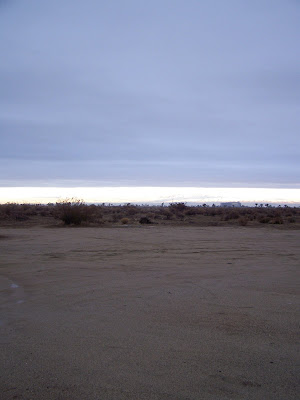There are two politicians in this picture. One is smiling and smug. He is quite happy with the status quo. One is yelling because he is outraged. He cannot stay quiet. He has to brake the silence.
Ron Paul broke the silence when ran for President in 2008. Even though he had been saying the same thing for years, for the first time people finally heard his voice. I don’t want to put Ron Paul on a pedestal or overstate his success but, I do want to give him credit where credit is do. Ron Paul brought a message. He brought a message of liberty and peace that had been long lost in the political scene. He reminded people that they don’t have to choose between the lesser of two evils and that there are principles that we have to stand on. I think what Ron Paul challenged was the status quo directly. The three things our country was (and is still) moving towards were economic collapse, military collapse and a collapse of personal liberty.
One of Paul’s biggest concerns was an economic one. He recognized that the economic boom cycle was coming to an end. The status quo at the time was that people could keep buying houses that they could not afford, banks could keep giving out loans and easy credit and that the Federal Reserve could do pretty much whatever it wanted. He challenged these notions and when the recession hit people had to realize that he was right.
He also had a concern over America’s involvement in aggressive and pre-emptive wars. Like Martin Luther King Jr. he has a desire to see peace and brotherhood. He also had a realistic grasp of the situation in the Middle East and wasn’t afraid to speak the truth even if it was unpopular. This is a definite challenge to the status quo because both parties voted for the war and even Obama who ran as the “peace” candidate has chosen to escalate the war on terror.
At the CNN republican primary debates he gave John McCain a brief history lesson and spoke out for a foreign policy of peace and non-intervention. He broke the silence and protested the war in Iraq. This is something that took serious guts. Not only because he would be the only Republican bold enough to take an anti-war stance, but also because 5 years earlier he had to have the strength of character to vote against the war in the first place.
The final area which Paul spoke up about was personal and liberties. He made an appeal to logos and argued on constitutional grounds. He wanted to help people see through the doublespeak that was propagated towards them. He desired for people to see through the fear tactics designed to make them surrender their liberties. He spoke especially adamantly against the PATRIOT Act and against the abuse of human rights and civil liberties in regards to the war on terror.
Ron Paul spoke out boldly and began a new conversation about American policies and libertarian ideals. I believe people have already embraced the message he presented and will continue to do so. We will continue to see people like Adam Kokesh, Rand Paul and Peter Schiff run for public office. We will continue to see organizations like Campaign for Liberty and Young American’s For Liberty grow. I also think that the movement will evolve in new ways and soon be much bigger than what Ron Paul ever expected it to be.








